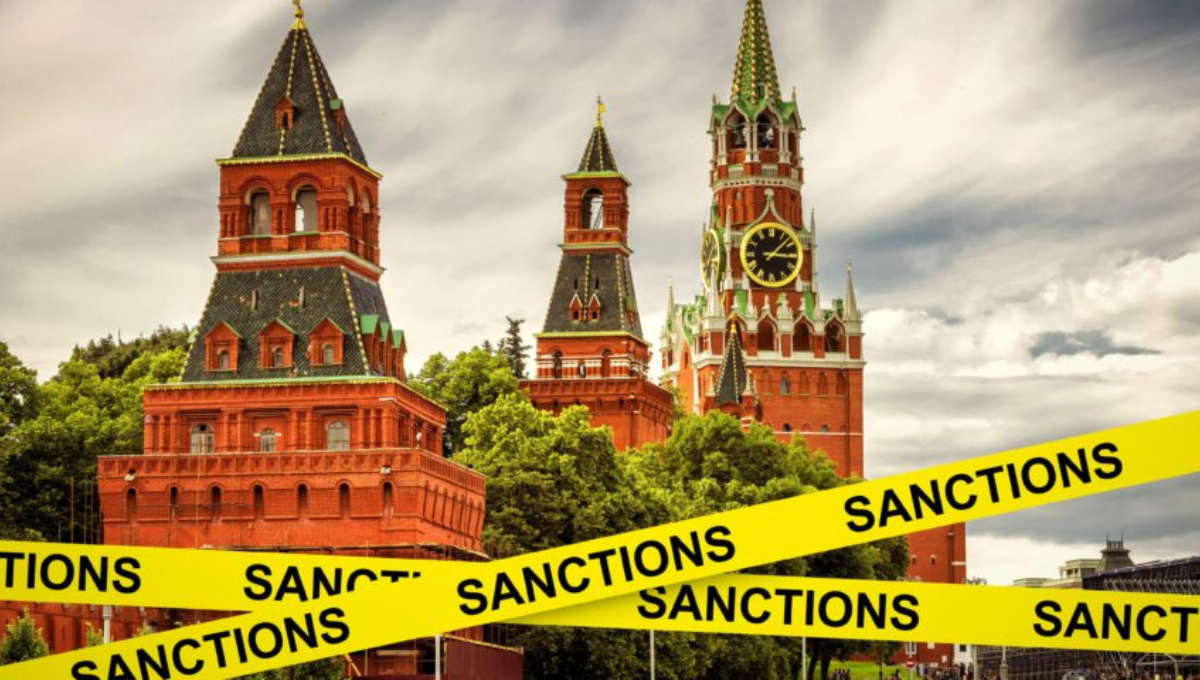The European Union’s top financial officials have recently downplayed the potential impact of adding Russia to the EU’s anti-money laundering (AML) blacklist, describing such a move as largely “symbolic.” This development comes amid ongoing debates within the EU about how best to intensify financial pressure on Russia in light of geopolitical tensions and security concerns linked to its actions in Ukraine.
EU Financial Stability Perspective
John Berrigan, the Director General for Financial Stability at the European Commission, addressed members of the European Parliament regarding the possibility of including Russia on the EU’s AML high-risk list. He noted that the EU already enforces significant measures against Russia, including transaction bans on many prominent Russian entities. According to Berrigan, adding Russia to the AML blacklist would not materially change the regulatory landscape for European banks since these bans effectively serve the same purpose. He emphasized, “The listing of Russia on the AML list would be a symbolic gesture on our side because European banks are already subject to a transaction ban on a lot of the entities that we’re talking about”.
Background and Policy Context
The EU’s AML blacklist, often referred to as the “grey list,” identifies third countries with strategic deficiencies in their anti-money laundering and counter-terrorism financing frameworks. Countries on this list face enhanced scrutiny from EU financial institutions, requiring additional due diligence on transactions involving entities from those jurisdictions. Such listings can damage the reputations of the countries concerned and restrict their access to the international financial system.
Russia’s potential listing has been under consideration for some time. The European Commission has a methodology for identifying high-risk countries based on assessments aligned with the Financial Action Task Force (FATF) standards, an international body that assesses AML practices globally. Russia was previously blacklisted by FATF in 2000 but was delisted in 2002 after becoming a full member in 2003. However, following Russia’s invasion of Ukraine, FATF suspended Russia’s membership altogether in 2023, a rare and severe sanction distinct from formal blacklisting or grey listing processes.
The FATF Suspension vs. EU Listing
The FATF’s suspension of Russia differs from a grey or blacklisting process. FATF President Elisa de Anda explained that suspension means Russia is isolated from the FATF’s decision-making work and cannot influence policy. However, it does not necessarily reflect specific deficiencies in Russia’s AML regime the way a grey or blacklist designation would. This separation in process has caused some ambiguity around how international bodies address Russia’s financial risks.
Meanwhile, within the EU, there has been significant support among lawmakers to list Russia on the AML grey list to increase financial pressure. But administrative and procedural delays have pushed back a final decision. As of mid-2025, the EU had not formally added Russia to the list, citing a need for more robust evidence and deliberations about the effectiveness of such a move. The inclusion could require banks and financial institutions across the EU to apply enhanced due diligence on Russian transactions, increasing compliance burdens and potentially limiting Russian financial activities in Europe.
Implications of a “Symbolic” Listing
While many EU officials and lawmakers see symbolic value in signaling heightened scrutiny of Russia’s financial operations, officials like John Berrigan argue that because transaction bans are already in place, listing Russia would not introduce new operational restrictions. Instead, it might serve as a political gesture reinforcing the EU’s stance but with limited practical consequences for financial institutions that have long incorporated Russia-related sanctions and risks into their compliance frameworks.
This subdued stance reflects the complexity of balancing geopolitical strategies with effective financial regulation. It suggests that the EU may focus more on enforcing and enhancing existing sanctions regimes and financial controls rather than relying heavily on additional blacklist mechanisms.
Enforcement Actions in Member States
Separately, the European Commission has launched infringement procedures against 11 member states, including Belgium, Denmark, Germany, and others, for failing to guarantee comprehensive access to beneficial ownership registers. These registers are crucial to the EU’s broader AML strategy by ensuring transparency about who ultimately owns and controls companies, thus helping to prevent illicit financial flows potentially linked to high-risk jurisdictions like


